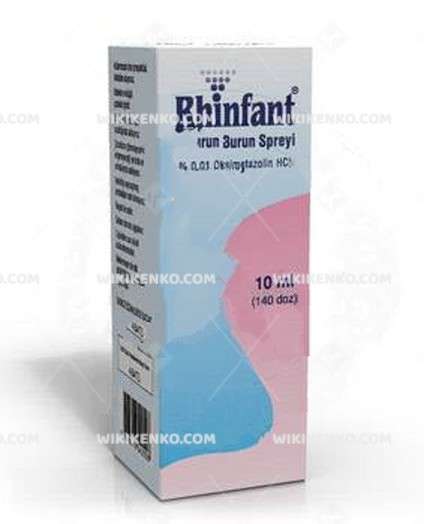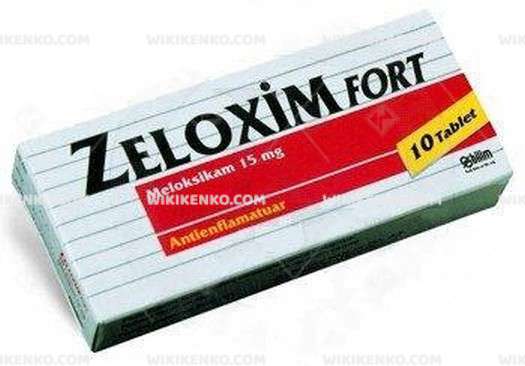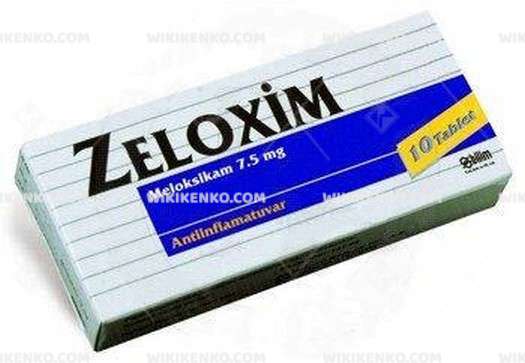Description
What is it?
Rhinfant Pediatric Nose Spray is a safe and effective nasal spray designed specifically for children. It contains oxymetazoline hydrochloride as its active ingredient, which works by narrowing the blood vessels in the nose, reducing swelling and congestion. Each 10 ml of Rhinfant Pediatric Nose Spray contains 1 mg of oxymetazoline hydrochloride, along with other excipients like benzyl alcohol, disodium EDTA, sodium hydroxide, sodium dihydrogen phosphate 2-hydrate, disodium hydrogen phosphate 12-hydrate, and deionized water.
Side Effects
While Rhinfant Pediatric Nose Spray is generally safe, it may have some side effects. Common side effects include burning or dryness in the nasal mucosa, mouth and throat, and sneezing may occur, especially in sensitive patients. Uncommon side effects include allergy (hypersensitivity reactions such as swelling of the face and throat, rash, itching), increased blood pressure, rapid pulse and palpitations. If you notice any of these side effects, you should stop using the product and consult a doctor.
How to Use
Rhinfant Pediatric Nose Spray is easy to use. For children aged 6 years and over, the recommended dose is 2 sprays into each nostril twice a day. For children over 2 years of age, the dose should be determined by a doctor based on the clinical condition. It is important to follow the dosage instructions carefully and not to exceed the recommended dose.
Precautions
While Rhinfant Pediatric Nose Spray is generally safe, there are some precautions you should keep in mind. It should not be used if you are allergic to any of its components or other adrenergic drugs, if you have inflammation or scabs on the skin or inner surface of your nostrils, or if you are hypersensitive to benzyl alcohol, which is a preservative in the product.
It should also not be used if you have had pituitary gland surgery through the nose (transsphenoidal hypophysectomy) or if you have had surgery that exposed your brain membrane (dura mater). Additionally, the concentration of the active ingredient in Rhinfant Pediatric Nose Spray is designed for children over 2 years of age and is not suitable for children under 2 years of age.
Conclusion
Rhinfant Pediatric Nose Spray is a safe and effective way to relieve your child’s stuffy nose. It is important to follow the dosage instructions carefully and not to exceed the recommended dose. If you notice any side effects, stop using the product and consult a doctor. With Rhinfant Pediatric Nose Spray, you can help your child breathe easier and feel better in no time.












Reviews
There are no reviews yet.